 |
| Cammy Thomas |
“Our ghosts are always with us, / their stinks, their bad habits, always / as much as we’re with them,” Cammy Thomas writes in her poem, “The Other You.” Thomas’s poetry collection Inscriptions is haunting, yet comforting, and is deeply rooted with sharp, vivid images. This collection, like people’s lives, is broken up into three sections : I. SWEET BROKE DOWN, II. POEMS IN MEMORY OF ELEANOR THOMAS ELLIOTT, and III. A WINDY KISS, for Elly. Our sections in life—past, present, and future—make up who we are. Thomas’s poem “The Other You” seems to be the heart of this collection, describing how our past selves live inside of us. Each poem in Inscriptions reads as if they are various versions of Thomas—only now, the poems also exist within us as she reveals the way she sees people, loss, and nature.
The last line in Thomas’s “The Other You” reads, “You
can’t forgive the one who hurt you. / Only the-you-from-then can do that, / and
she will never be ready,”(p.12). This powerful line makes me think about
closure and forgiveness differently. Sometimes past relationships feel like
they happened in another lifetime, yet the hurt remains. Though, if you
understand that you are a different person now then you were before, you are
separating yourself from this pain—The pain is no longer yours—It belongs to
the old you. The old you will hold onto the memory and stay in the moment so
that the new version of you can move on from it.
In addition, in Thomas’s “On the Island of Staffa,” a
woman is climbing a hill, gasping as though she is both exhausted and
devastated. When she surrenders her
husband’s ashes to the wind on top of the hill, the reader can imagine the wall
of grief that hits her. We are not left feeling empty, though. Thomas writes, “Yes,
yes, it’s dust, /yes it is. /It could be anyone, / and could there be anyone/
who wouldn’t want this kind of love?” (p.31). This line reveals that the kind
of love that’s most painful to lose is the best kind to have. Rather than the
woman facing the absence of love, she is encompassed by the presence of it when
the wind picks her husband up. The feeling of this poem reminds me of Edgar
Allan Poe’s poem, “Annabel Lee.” In English class, my classmates and I remarked
about how sad and tragic Poe’s poem is, but my English teacher had a different
take on it. She said, “Imagine being loved like that, though. Who wouldn’t want that type of love?” This
sentiment resonated with me, and now when I read Thomas’s poem I feel like the grieving
woman’s love trumps her sadness.
Also, Thomas’s poem “Without Talking” has an deeply
impacting ending that not only makes the reader want to hear more, but also
makes the reader want more out of life, relationships, and themselves. Each
line is spaced out so that the poem reads like a conversation—It has the
feeling of a pin-pong match. On page 13 Thomas writes:
He said
don’t use
what saves you,
your
wall, the words
(do it without talking),
the
words defend
and don’t open—
again, again, again,
but they
keep…
oh and without them
Instead of being in a
straight line down, the poem itself is breaking out of its comfort zone and is
letting the feeling of the words shape it, rather than letting the actual words
shape it. I feel like this poem is
applicable to the process of writing especially, because in order to
successfully write an effective, moving, and authentic piece you need to write
“without talking.” If you reveal your scenes and feelings with urgency and
passion your readers can understand you without you explaining yourself to
them.
Throughout Inscriptions
it is not necessary for Thomas to explain herself for readers to understand
her. In her poems about death or disappointment, she weaves in some hope,
making us feel like it is possible to move on and find new things and people in
life to focus on and to love. Also, when
writing about love, Thomas reveals the ugly, raw truth, but this makes the
relationships feel more accessible, honest, and real. I hope to emulate
Thomas’s authenticity in my own writing, as she has become a poet that I can
identify with on both a human and creative level.


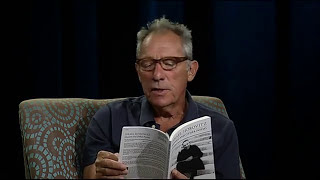





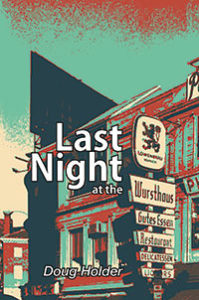



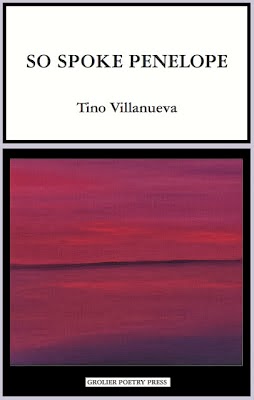
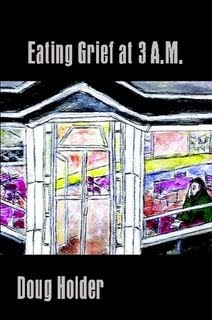
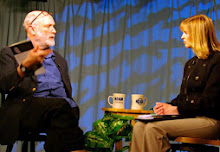
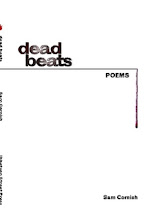










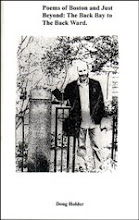
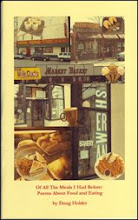




No comments:
Post a Comment